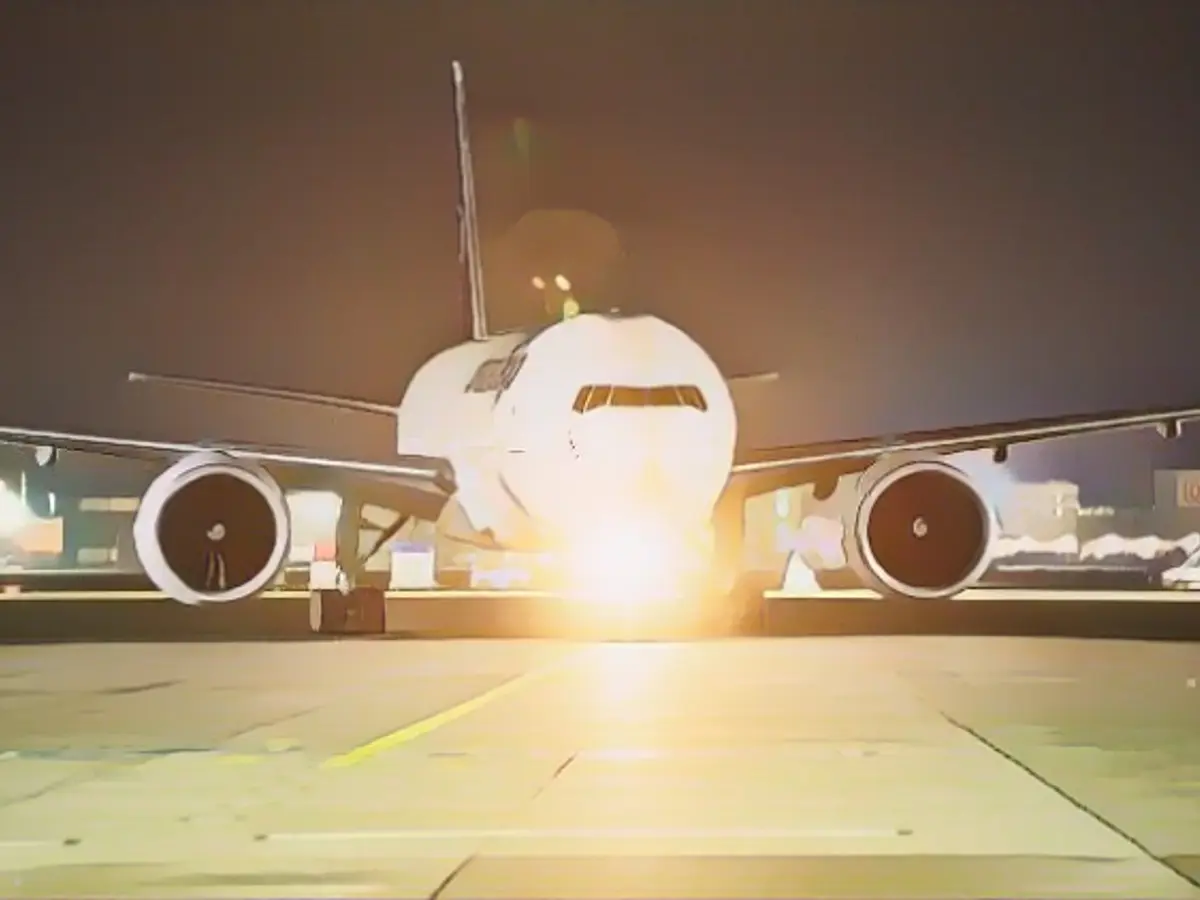Lufthansa Chief's Frustration with Competitive Disadvantage
Post-pandemic, German air traffic recovery lags behind other European nations. Lufthansa's CEO, Carsten Spohr, criticizes the proposed kerosene tax on domestic flights, fearing a competitive disadvantage. In an interview with "Süddeutsche Zeitung," he shared his concerns, saying, "An additional domestic German tax would serve as an economic booster for international connecting flights, jeopardizing our position."
Spohr asserts that Germany's location burdens are already higher, resulting in lower air traffic compared to countries like France, Spain, and Italy. He alleges that recent government statements emphasizing avoiding shifting traffic to foreign hubs contradict its current plans. In 2020, the air traffic tax was significantly boosted, with aviation security fees set to rise by up to 50% between 2025 and next year. Moreover, there's mounting pressure due to EU climate protection policies. Spohr warned, "Berlin and Brussels are about to tighten the cost screws."
Challenges Ahead for Lufthansa
Spohr also indicated that the aviation industry's challenges would persist, impacting Lufthansa in the coming year. The high demand for travel encounters a restricted supply due to personnel and aircraft bottlenecks. Lufthansa, too, experiences these issues. Apart from aircraft manufacturers' delivery delays, there are also unplanned engine overhauls for some Airbus A320s. Over the year, about 20 of these aircraft will be unavailable.
Spohr emphasized Lufthansa's intent to optimize quality instead of pursuing excessive expansion in 2024, stating, "We aim for growth, but we prioritize quality and eliminating complaints over unreasonable expansion." Despite these challenges, Lufthansa had to modify its plans in 2022 and 2023, causing mass cancellations and inadequate air traffic growth in Germany compared to other European countries.
German Government's Aviation Industry Burdens
Although Spohr's opposition to the kerosene tax is apparent, the current position of the German government remains unclear. However, the industry association BDL (Federal Association of the German Aviation Industry) has raised concerns over high tax burdens imposed by the German government, pushing up aviation sector costs and elevating ticket prices for passengers. An average government-induced price of 30 euros per ticket per takeoff is factored into each German airport departure, which passengers ultimately bear.
Consequently, airlines experience increased costs, resulting in less competitive German airports. Low-cost carriers are less likely to operate in these higher-cost markets, affecting air traffic growth. As a result, the BDL calls for urgent action from the next government, including withdrawing the increased air transport tax and waiving the proposed national e-kerosene blending quota starting from 2026. By taking these measures, Germany can maintain its competitiveness as a business location and promote new growth in the air transport sector.
In conclusion, while the German government's stance on the proposed kerosene tax is not explicit, the aviation industry is strongly advocating for reduced tax burdens to preserve its competitiveness and encourage growth in the aviation sector.





